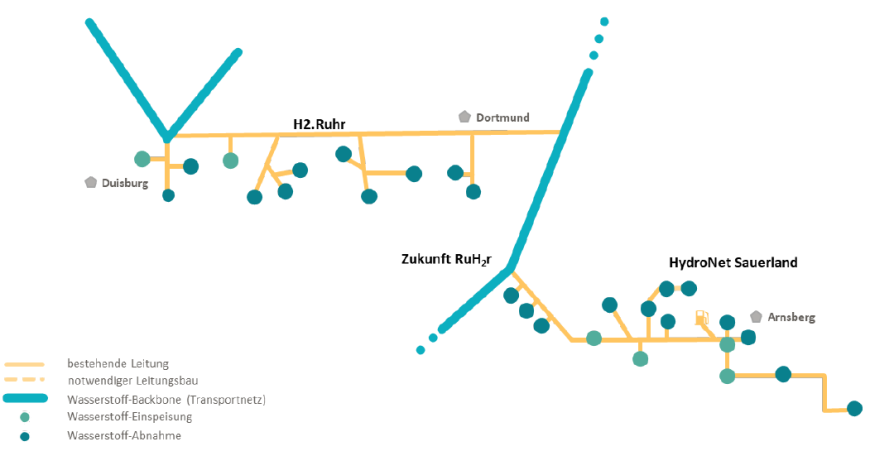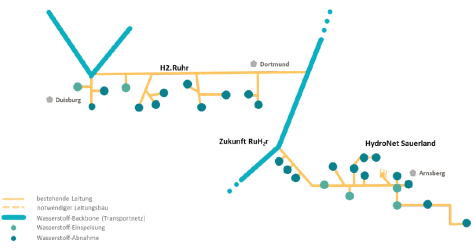The Department of Technology and Economics of Multimodal Energy Systems at TU Darmstadt (MMES) plays a key part in the modelling of the innovative hydrogen-based energy system in the Sauerland region. The focus lies on sector coupling, which enables the integration of different forms of energy such as electricity, heat, and mobility, and their optimal use. This coupling leads to a multimodal energy system that can maximize the use of renewable energies. In this model, hydrogen functions both as an energy storage medium and as an energy carrier. Sustainability is examined through a comprehensive assessment of the entire life cycle of the energy system. Aspects such as land and resource consumption as well as the reliability of the energy supply are considered holistically as part of the research at MMES. The economic aspects of the system also play an important role. With the help of optimization methods that consider costs (such as investments, CO2 trading, etc.), revenues, and sustainability aspects, the MMES can develop optimal proposals for action for different future scenarios. These analyses are of crucial importance for decisions on investments in hydrogen infrastructure, which ensure the economic viability of the entire energy system. In addition, a transferable approach is to be modelled to investigate the interaction of scaling regional hydrogen infrastructure with the supraregional energy supply. Ultimately, MMES combines technological, ecological, and economic perspectives. Based on targeted research and analysis, the department supports the development of a sustainable, economically viable energy system in the Sauerland region.




